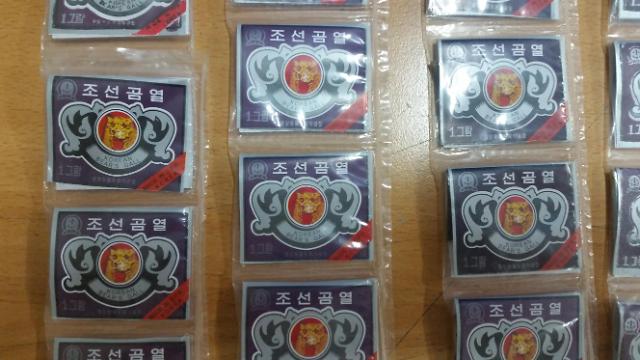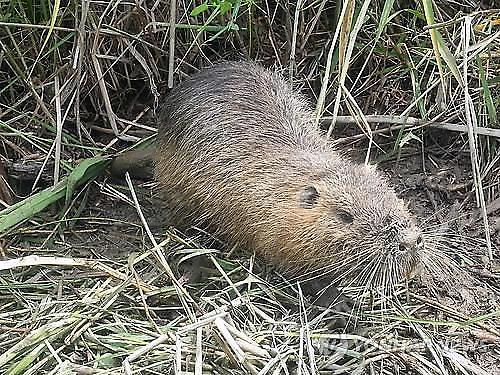
Packets of fake bear bile extract confiscated by police. [Courtesy of Seoul Metropolitan Police Agency]
Two Chinese-Koreans have been arrested for smuggling and selling fake bear bile acid known as "urso", police said. This is the first case of fake North Korean bear bile smuggled into South Korea.
In a report Wednesday, the Metropolitan Police Agency accused the pair of purchasing 600 packets containing a gram of fake bear bile extract for eight Yuan (1.16 US dollars) each in Rason, a free economic zone in North Korea's northeastern border area, in 2013. Some 100 packets have been smuggled into South Korea last year while the rest were distributed in China.
The two allegedly convinced buyers that the extract is genuine by showing North Korea's entry stamps left on their passports and promoted sales via "WeChat", China's largest social messaging app, with colleagues posting positive comments.
Police said the fake bear bile packets did not contain ursodeoxycholic acid, the main substance of urso, because they were made from pig gallbladder.
Although there is no evidence that bear bile, extracted from bear's gallbladder, has a medicinal effect, it has been known as the key raw material used by oriental medicine practitioners to make elixirs. Sometimes it is consumed raw as the extract itself is believed to hold a high medicinal value.
In South Korea, bear farming became illegal in 1992 but many other Asian countries including Vietnam and Malaysia run illegal bear farms to attract South Korean and Chinese tourists. Seoul prohibits the possession and distribution of bear bile extract.

[Yonhap Photo]
Earlier this month, scientists said Coypu, a species of river rats, has the same or higher amount of ursodeoxycholic acid contained in its gallbladder than a bear. Now, coypu hunting has become a new sport in the southeastern corner of South Korea. Some claim its numbers have already started to dwindle due to reckless hunting.
The Coypus were introduced into South Korea for fur farming but due to poor management, the omnivorous rodent escaped into the wild, disrupting the country's ecosystem and agriculture. Local governments have offered rewards of up to 30,000 won (26.3 US dollars) for each coypu tail.
Park Sae-jin = swatchsjp@ajunews.com
Copyright ⓒ Aju Press All rights reserved.


![[FOCUS] Scientists find new ways to promote river rat value](https://image.ajunews.com/content/image/2017/02/01/20170201111749502707_278_163.gif)